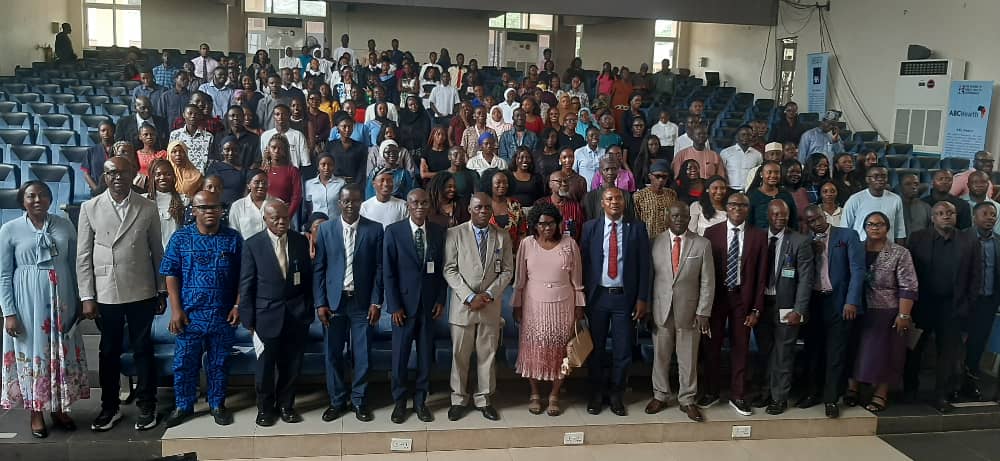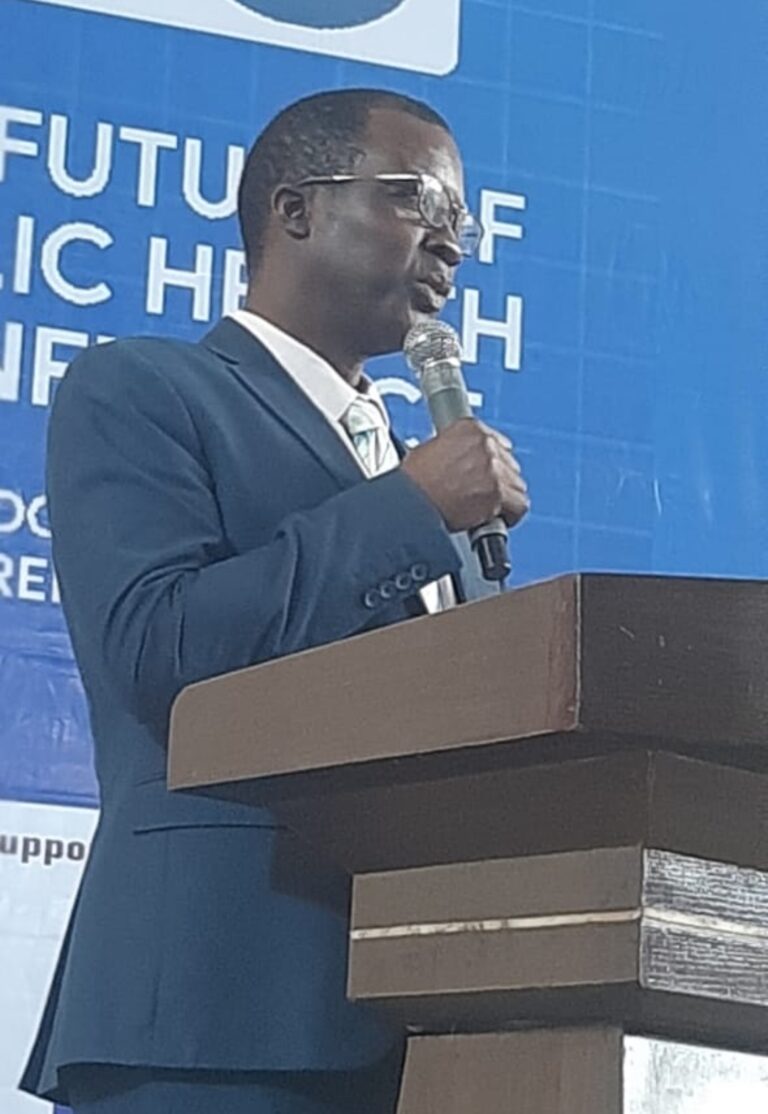Policymakers, health experts and stakeholders meeting at Babcock University, Ogun State, have called for stronger collaboration to tackle service delivery gaps threatening the future of public health in sub-Saharan Africa.
At the conference, Nigeria’s Minister of State for Health and Social Welfare, Iziak Salako, emphasised the need for concerted efforts to reduce the health burden through equitable access to care for all Nigerians.
Service disruptions and their impact
Delivering a keynote address titled “Bridging Service Delivery Disruption in Public Health: A Critical Imperative for Our Future,” Mr Salako said that public health service disruptions were not mere statistics but lived realities with far-reaching consequences for families and communities.
“While we refuse to be defined by these challenges, we must confront the issues at hand and commit to proactive solutions,” he noted.
He pointed to labour strikes, endemic diseases and pandemics as major disruptions to health systems, citing the COVID-19 outbreak as a stark example. According to him, shortages of personal protective equipment, disruptions in drug supply chains and restrictions on movement during the pandemic forced some primary healthcare centres to shut down.
Lessons and innovations

Mr Salako noted that while COVID-19 exposed vulnerabilities, it also spurred innovation. He outlined strategies to strengthen resilience, including mobile diagnostic units at community levels, specialised centres for disease control, and home delivery of medicines to patients with chronic conditions.
He also highlighted the Nigerian Health Sector Renewal Investment Initiative as a long-term plan to safeguard service delivery and build sustainability into the system.
“The future of Nigeria’s public health is secure, but it requires a united effort. I call on all to join hands as we journey to save lives, reduce physical and financial pain, and promote health for all Nigerians,” the minister said.
Babcock University commends effort
The President and Vice Chancellor of Babcock University, Ademola Tayo, a professor thanked the minister for his commitment.
He urged participants to apply the lessons learned from the conference to strengthen health systems across the region.


